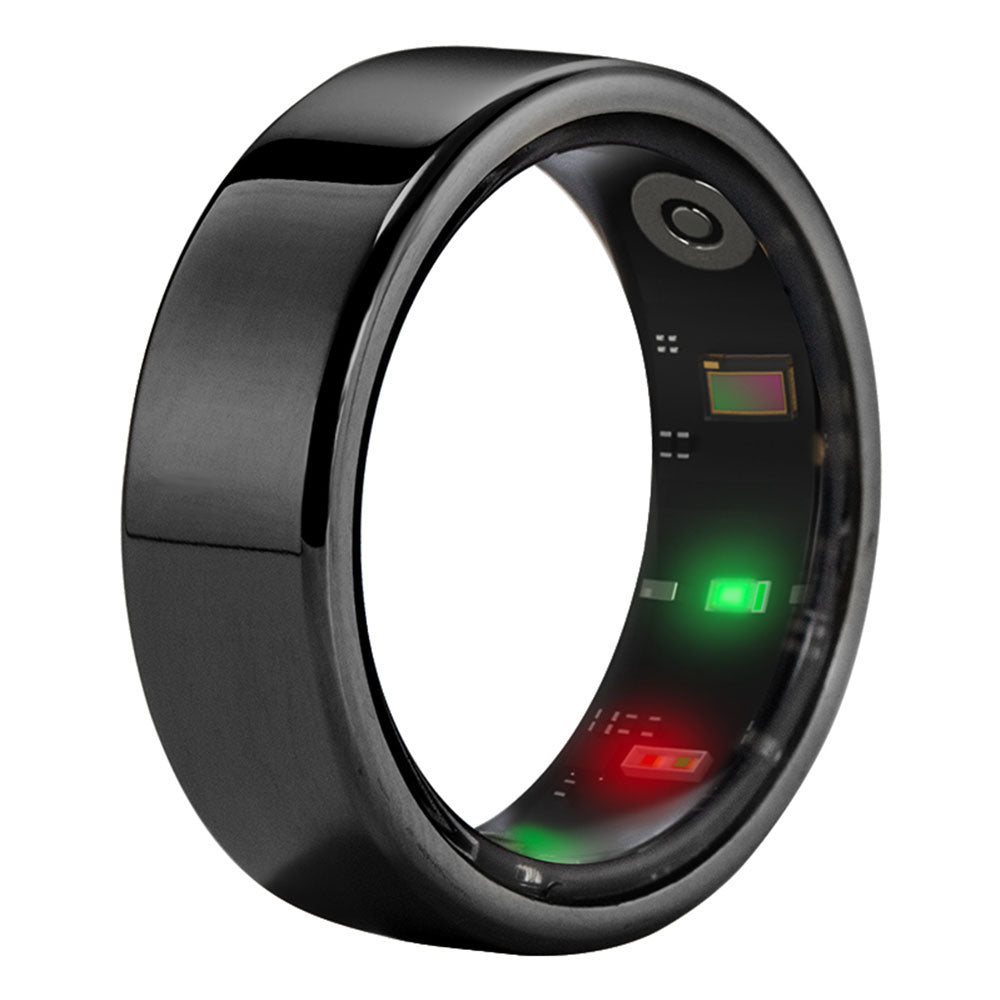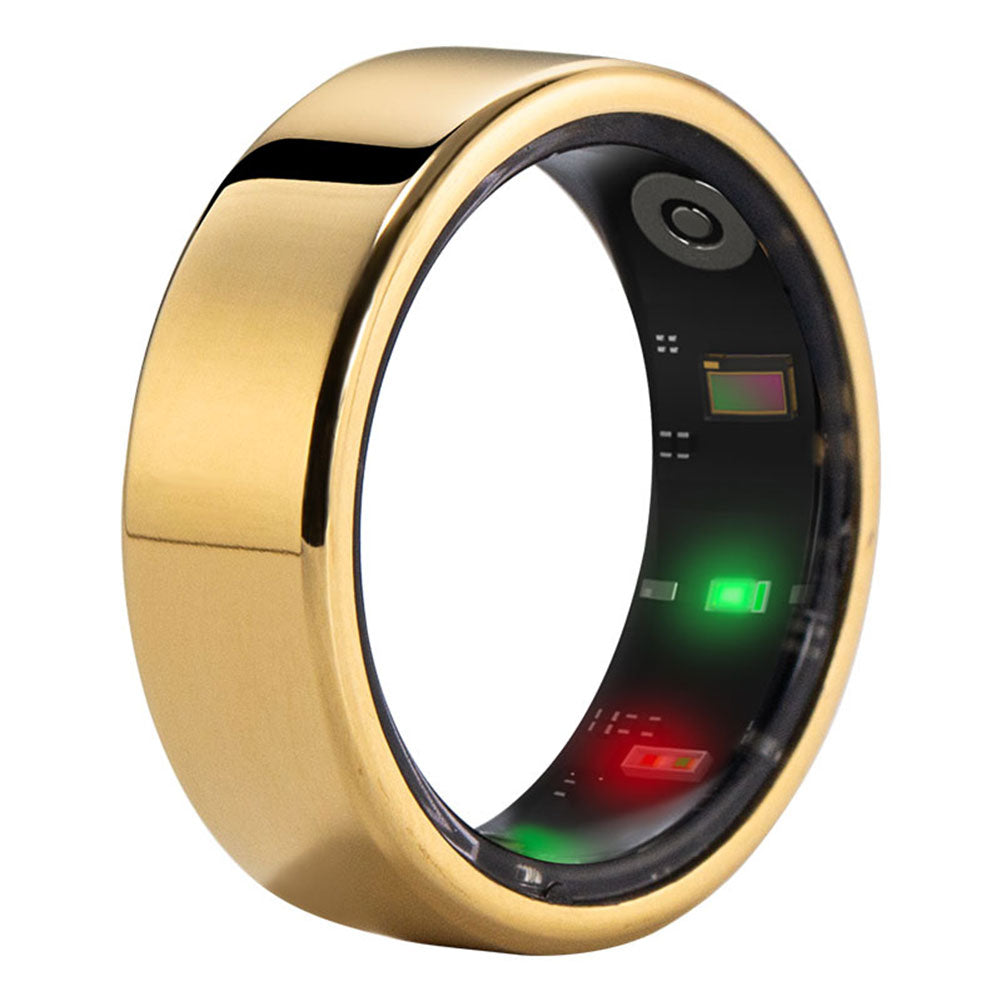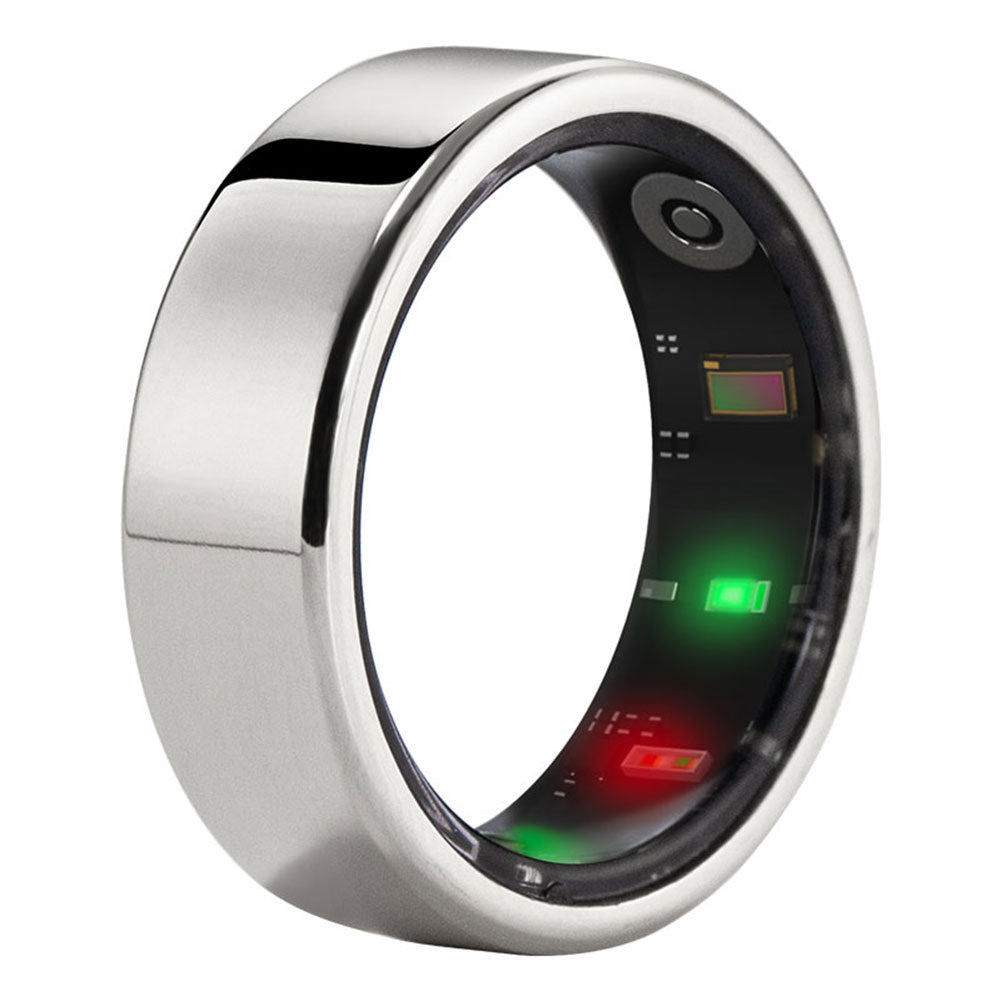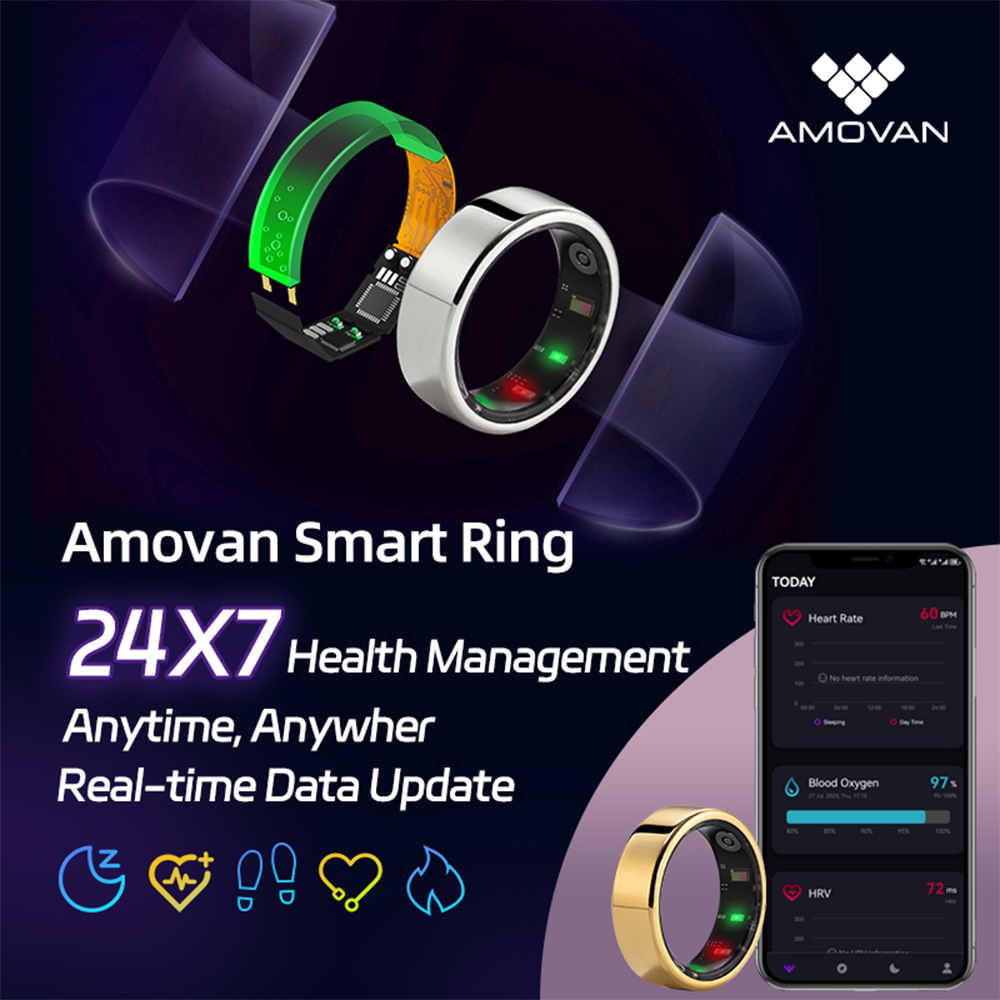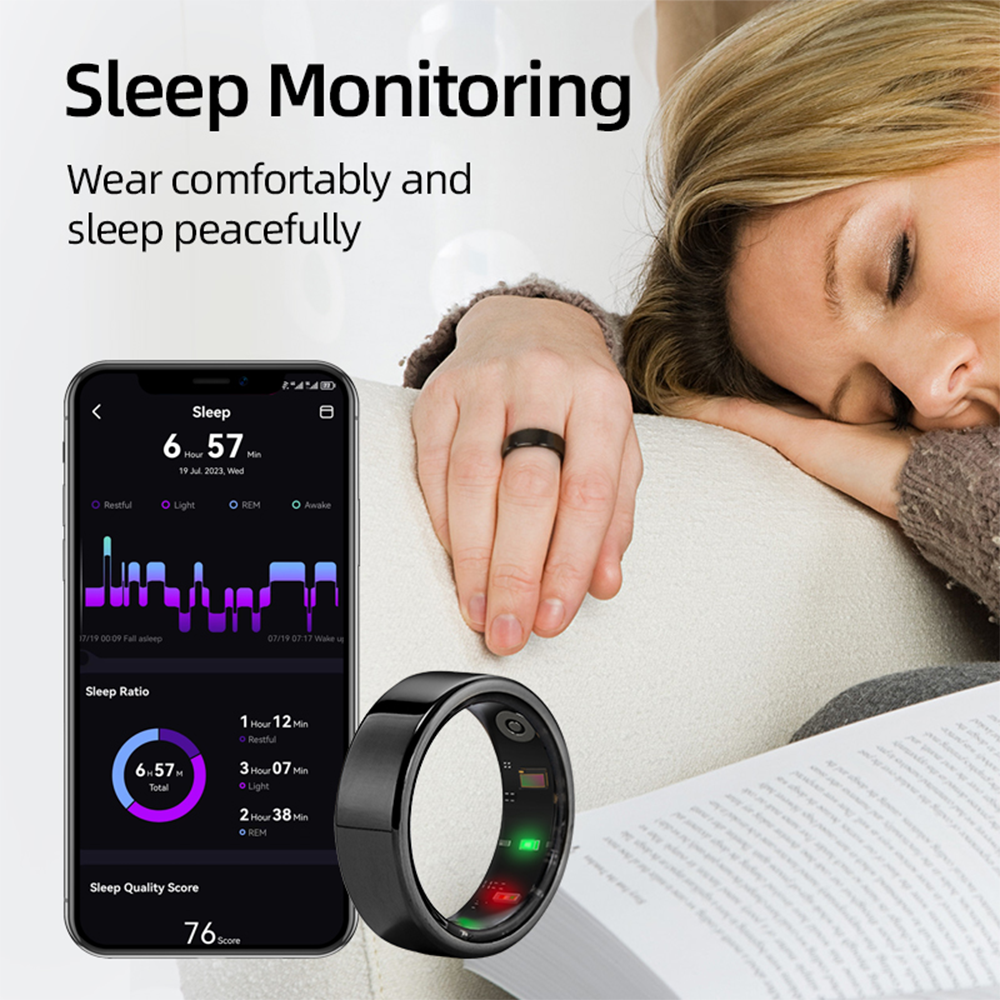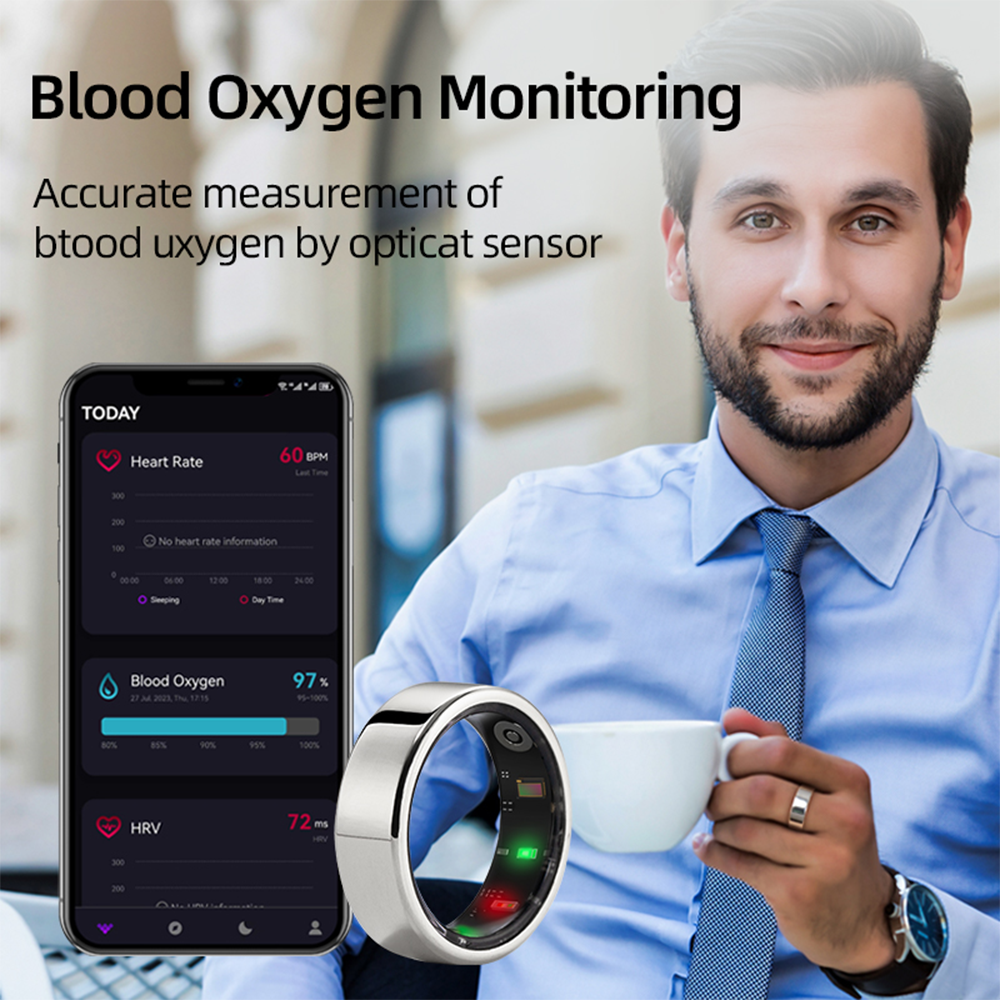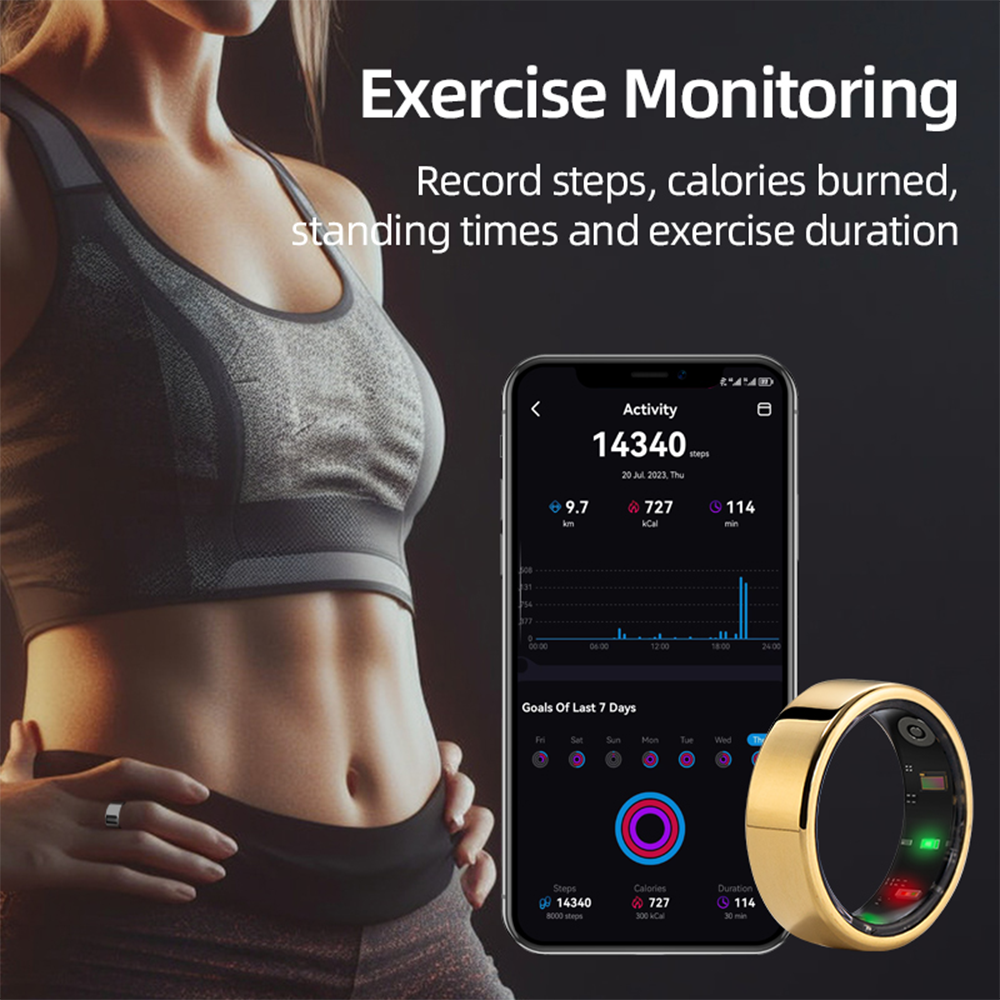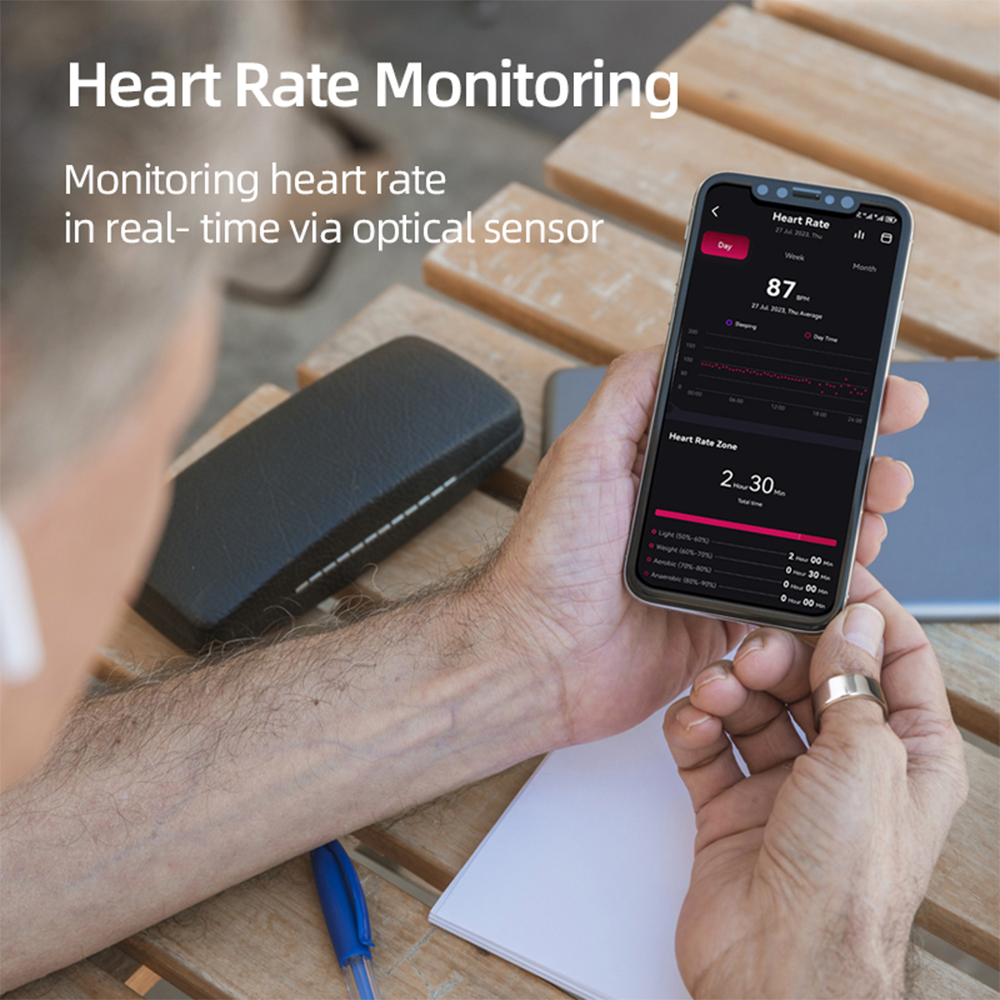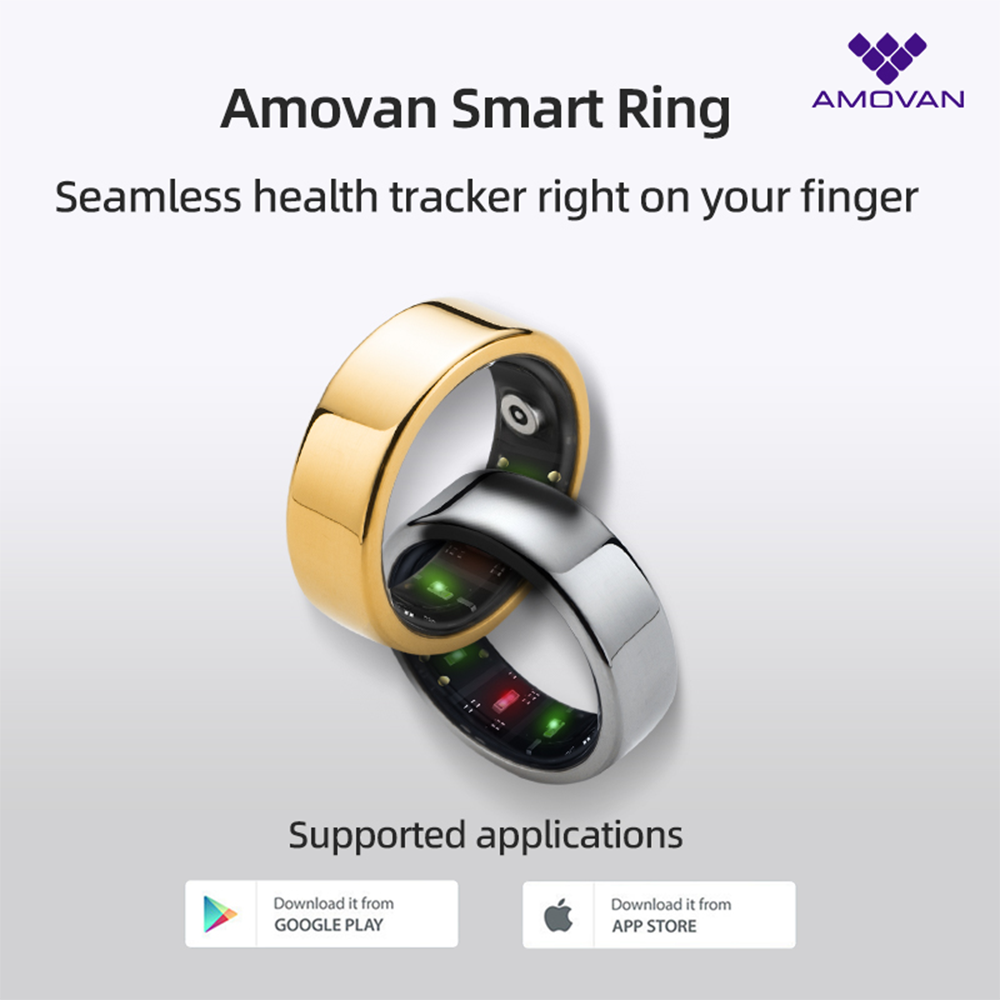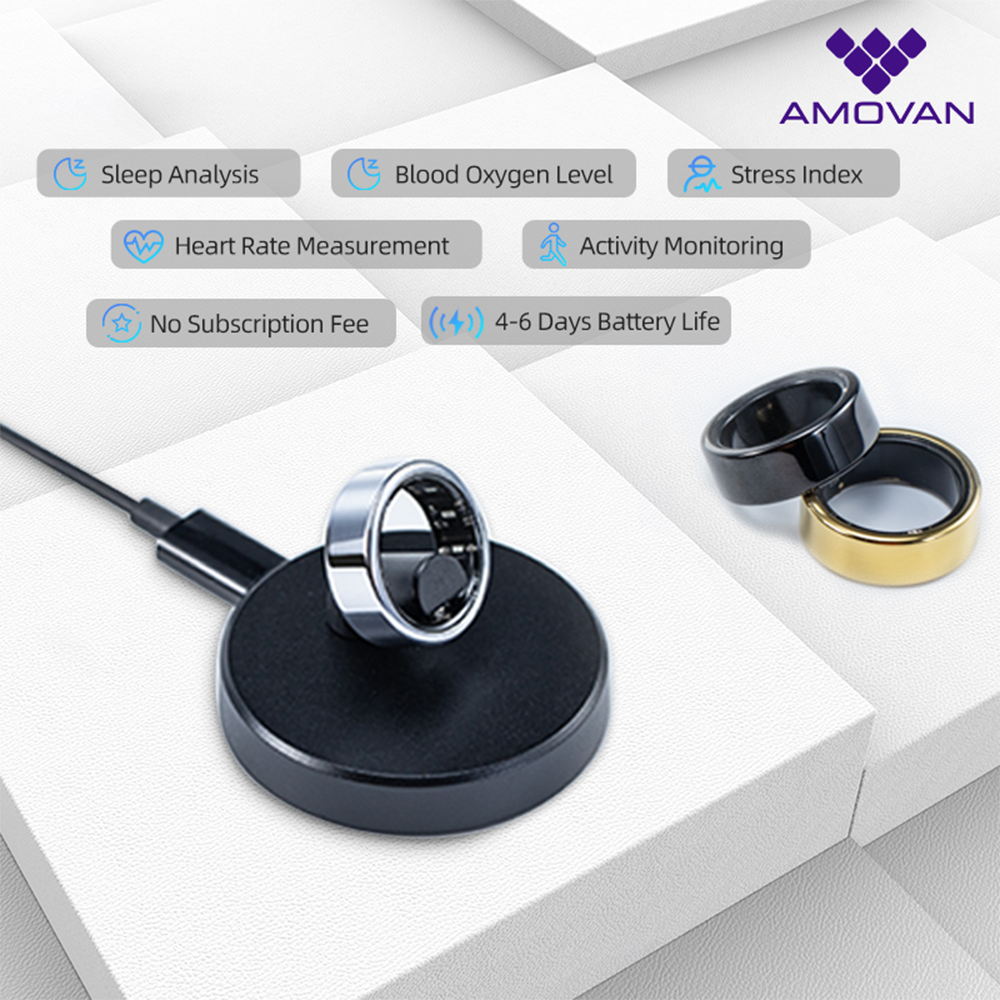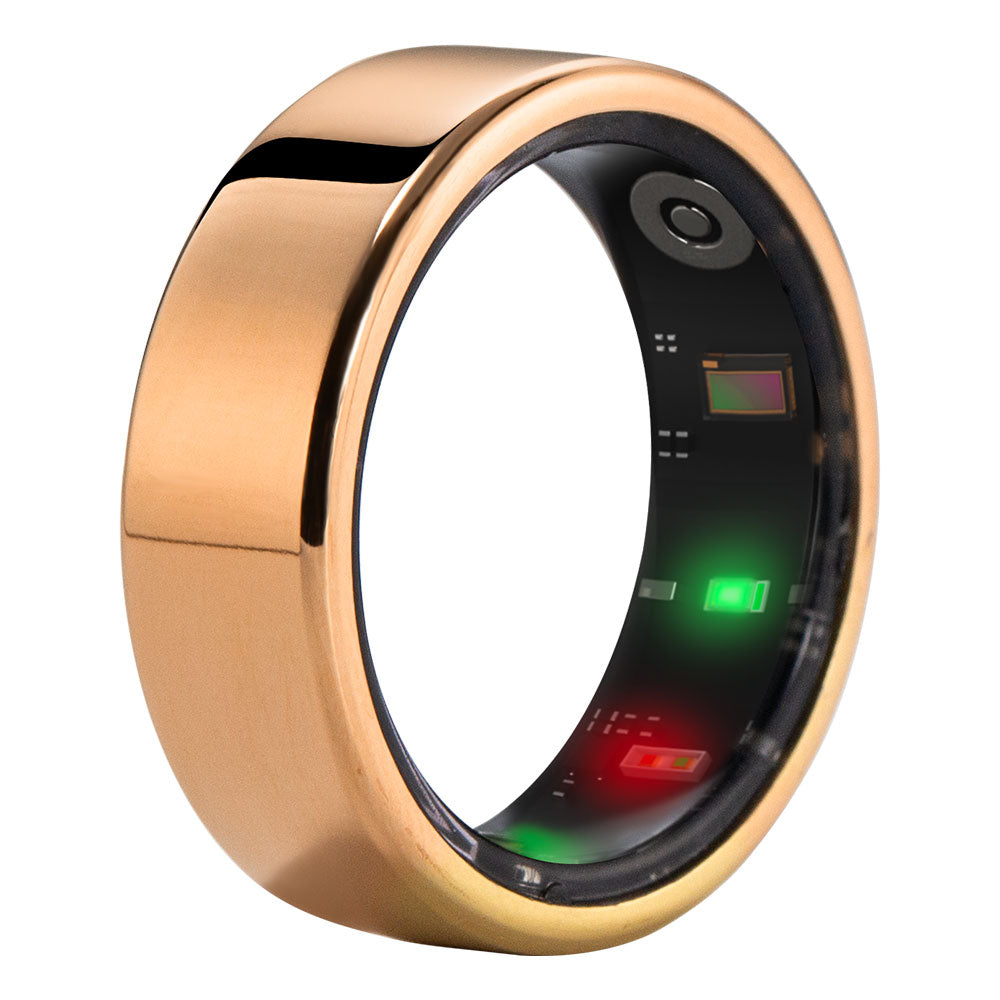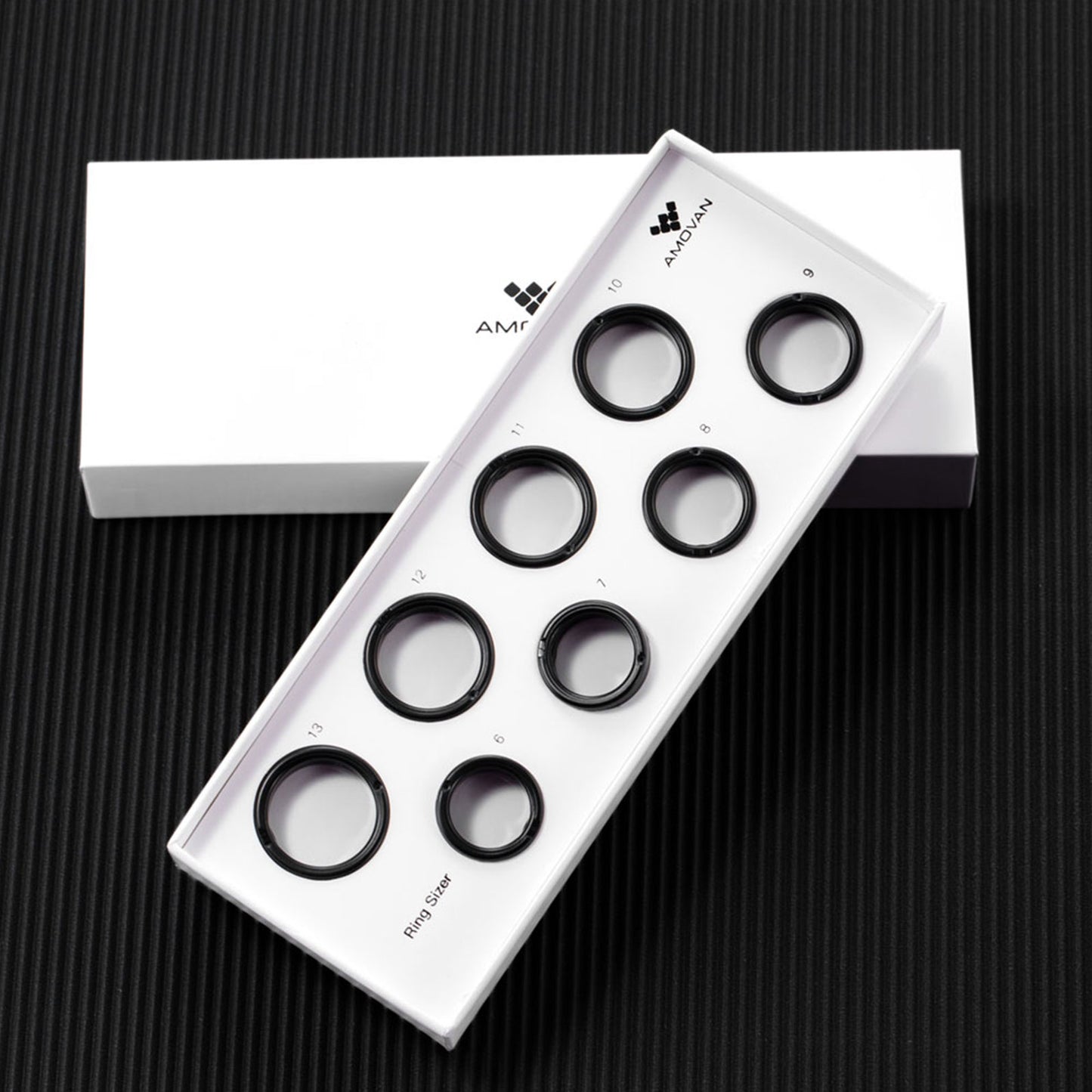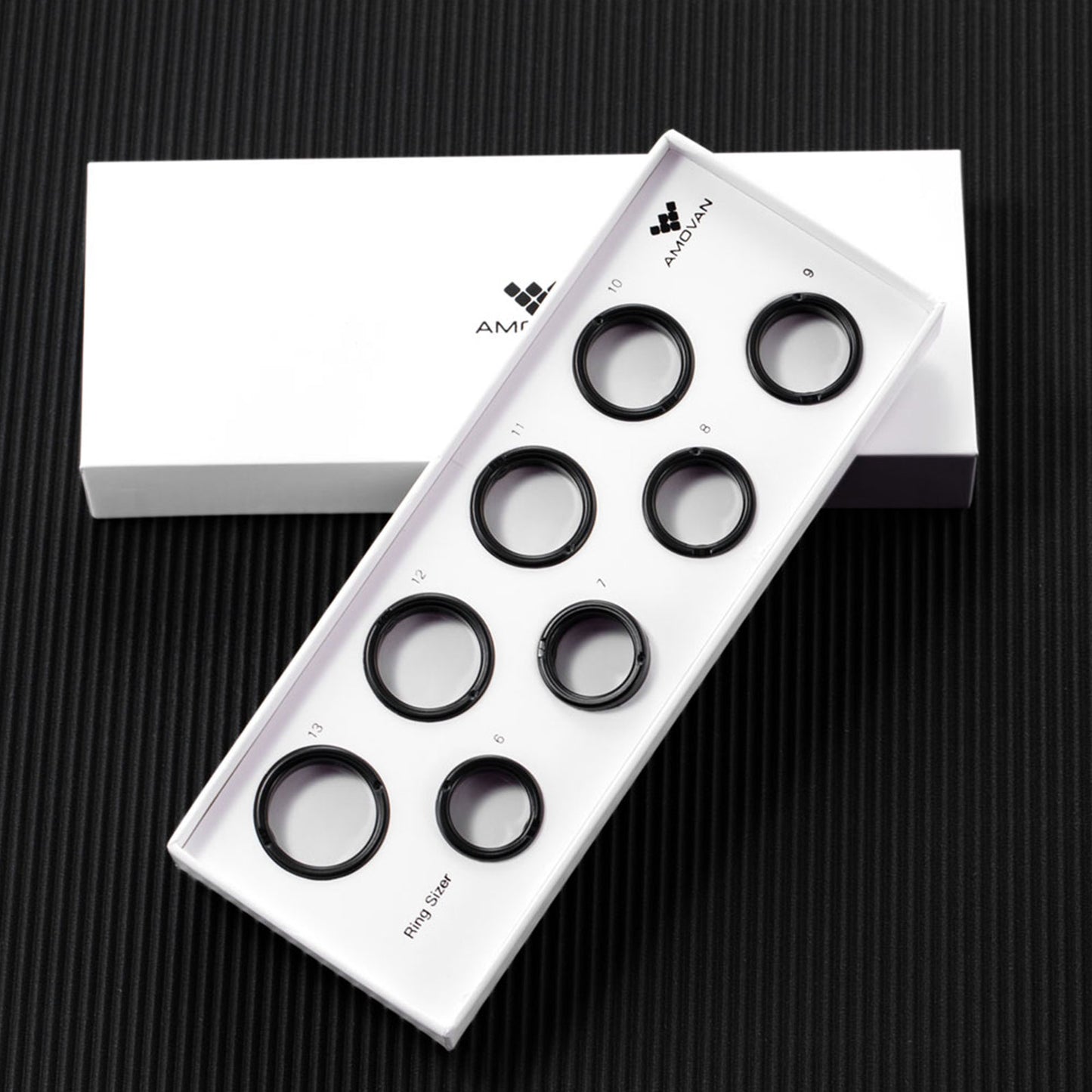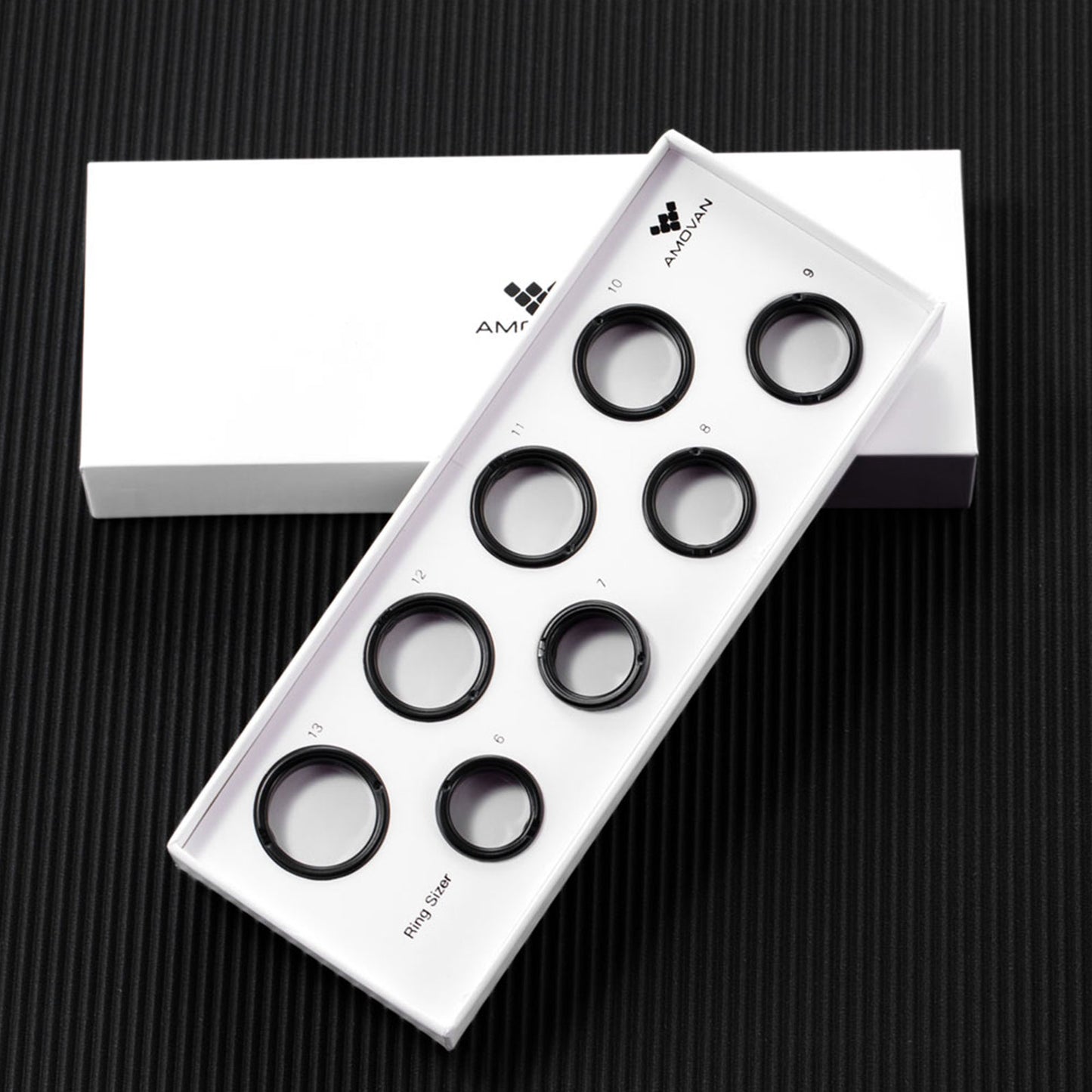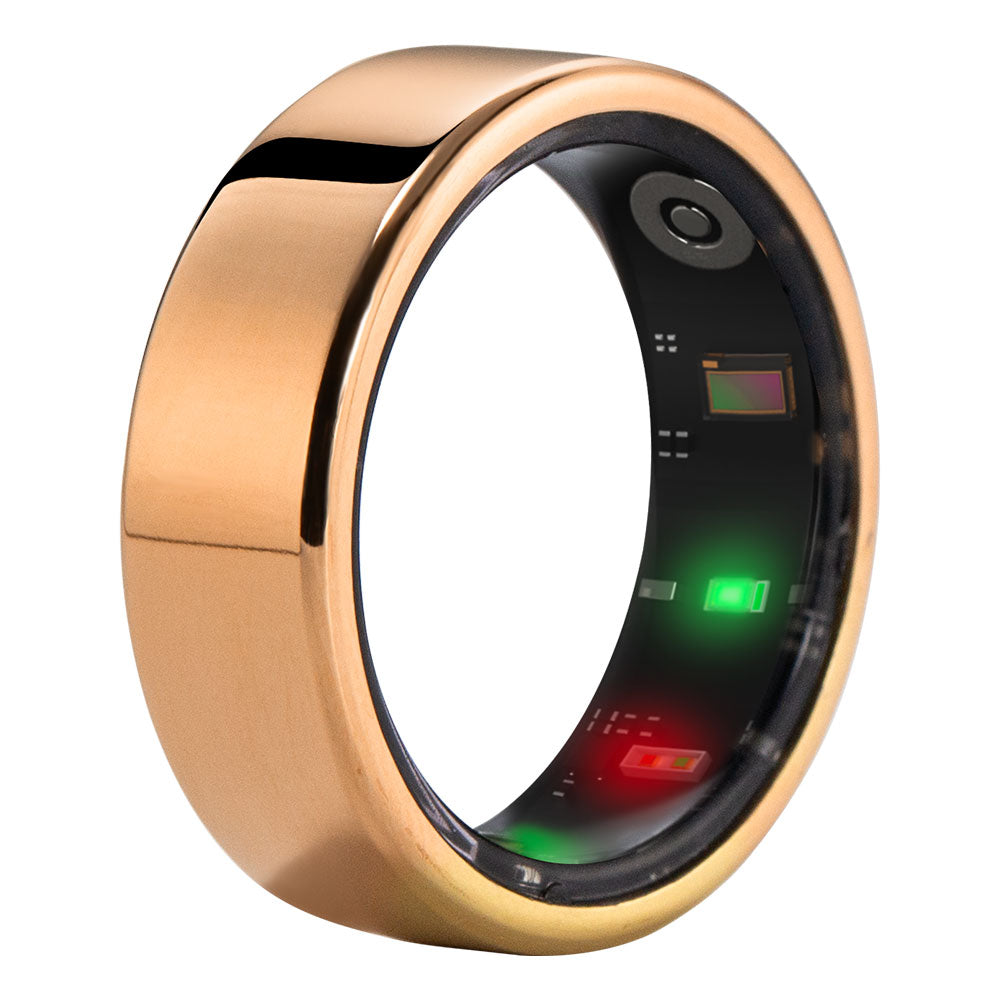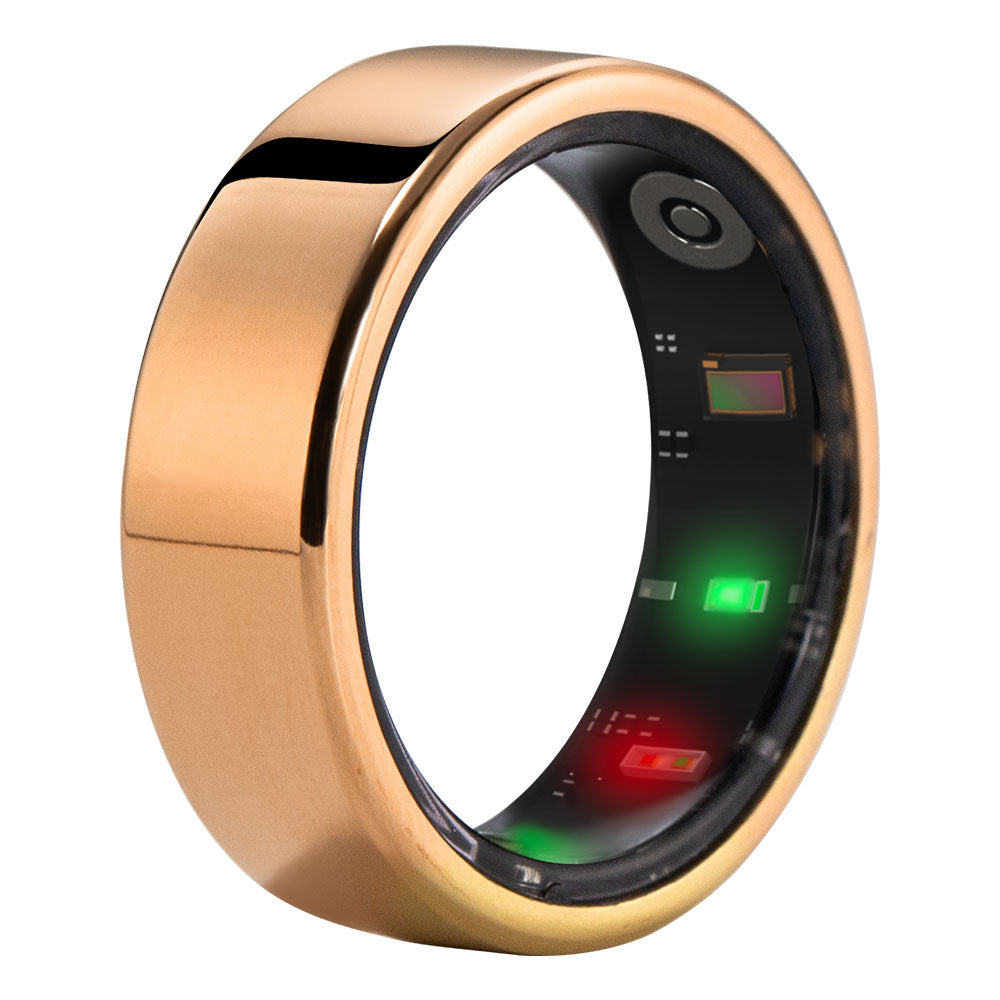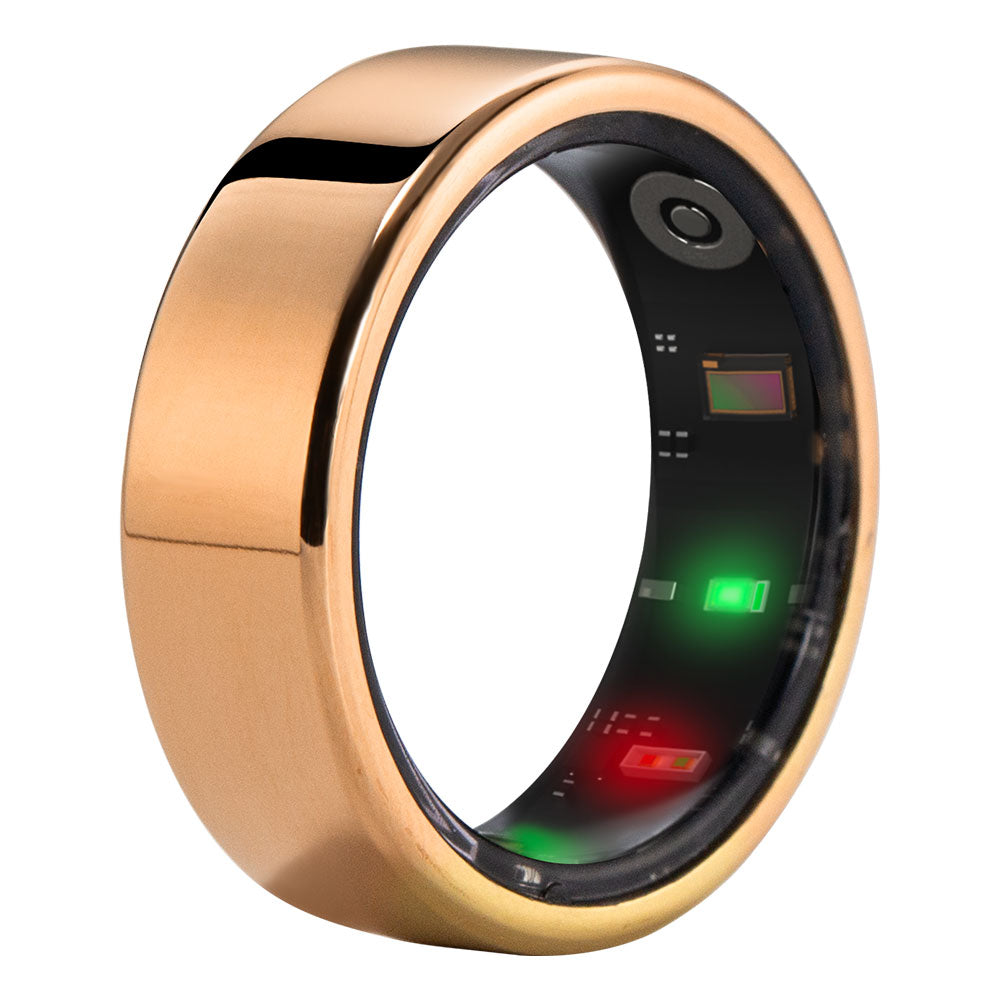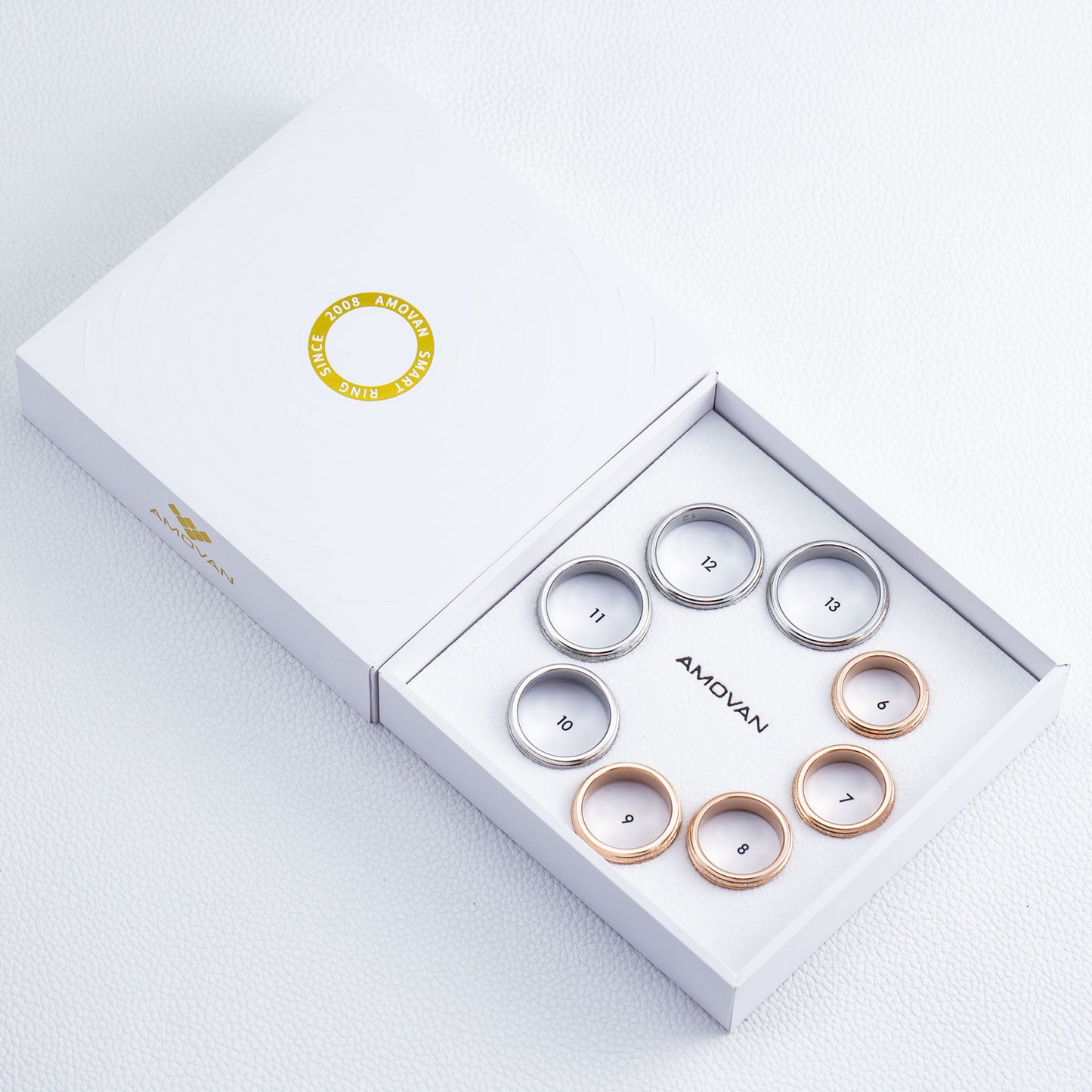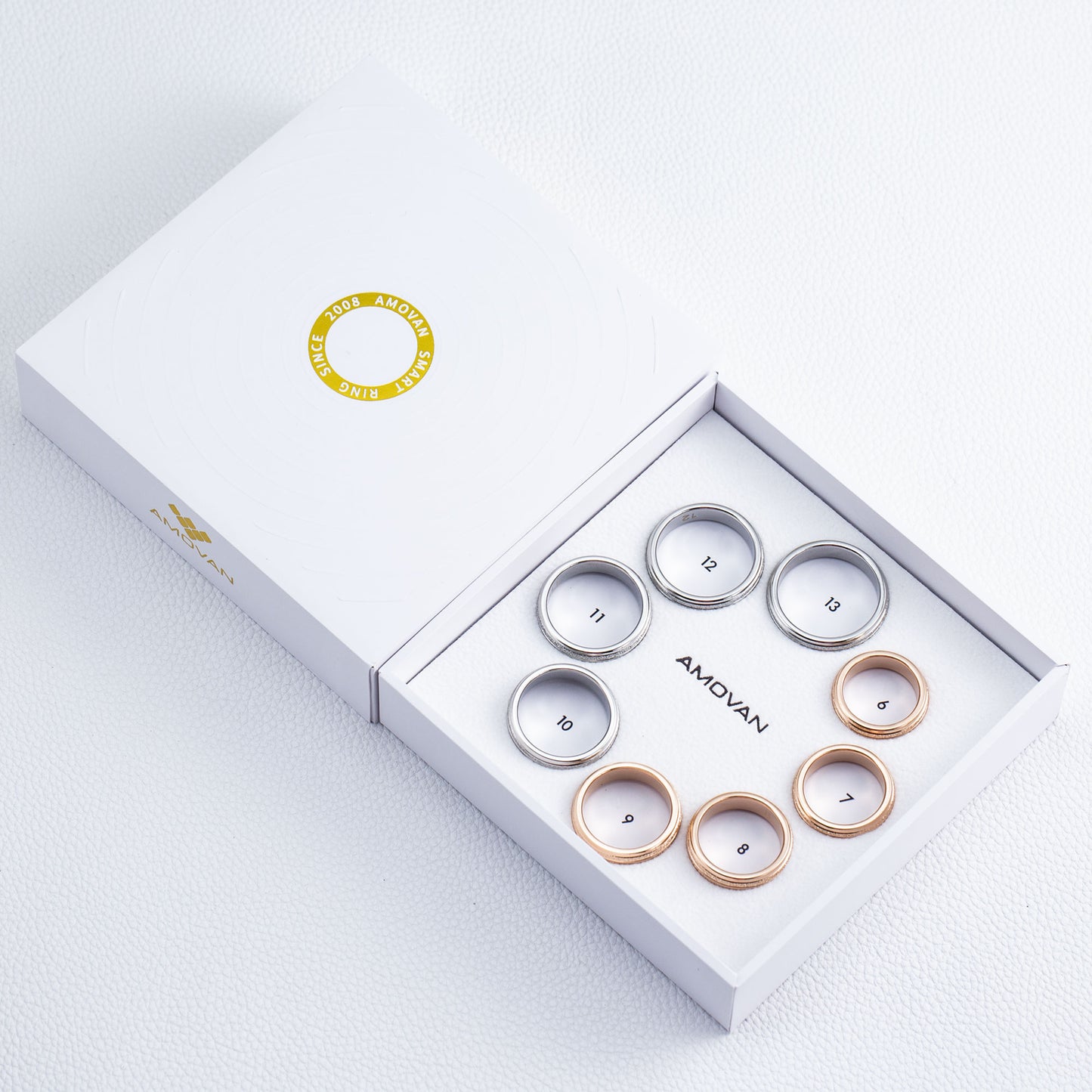Introduction
The liver is a vital metabolic organ in the human body, responsible for detoxification, synthesis, and storage functions. With changes in lifestyle and environmental factors, the incidence of liver disease is on the rise, making early monitoring and management of liver health increasingly important. Smart rings, as an emerging wearable technology, are gradually being utilized for monitoring and managing liver health. This article explores the applications and advantages of smart rings in liver health monitoring.
Current State of Liver Health Monitoring
Traditional methods of liver health monitoring typically rely on blood tests, imaging examinations (such as ultrasounds and CT scans), and liver biopsies. While these methods are accurate, they often require specialized medical personnel to perform and are not very convenient. Additionally, many wearable devices focus primarily on heart rate and activity monitoring, lacking specific assessments of liver health.
How Smart Rings Work
Smart rings integrate various sensors (such as heart rate monitors, temperature sensors, and galvanic skin response sensors) to monitor physiological indicators related to liver health. For example, heart rate variability, skin temperature, and skin conductance may all correlate with liver health status. The collected data is transmitted via Bluetooth to a smartphone app, allowing users to easily view their health data and trends for more informed self-management.
Advantages of Smart Rings
-
Portability: Smart rings are compact and lightweight, making them suitable for all-day wear. Users can monitor physiological changes related to liver health without relying on bulky devices or medical facilities.
-
Real-Time Monitoring: Smart rings provide real-time physiological data, enabling users to detect potential health issues promptly and intervene as needed.
-
Personalized Feedback: Many smart rings come equipped with data analysis features that offer personalized health recommendations based on users' health data, helping them improve liver health.
Practical Applications
An increasing number of users are adopting smart rings to monitor their liver health. These devices provide real-time feedback on heart rate and temperature, helping users identify potential liver health issues. Some users report that by monitoring physiological data, they can promptly adjust their diets and lifestyle habits to improve liver function.
Future Outlook
As technology continues to advance, the potential for smart rings in liver health monitoring is significant. In the future, we may see more applications integrating artificial intelligence and big data analysis, enabling more precise assessments of users' liver health and providing personalized health management solutions.
Conclusion
Smart rings represent an innovative tool for liver health monitoring, offering users a convenient and real-time assessment experience. With the growing emphasis on liver health, smart rings are poised to play an increasingly important role in the prevention and management of liver diseases. We encourage everyone to pay attention to this new technology and use smart rings to enhance their liver health.
The Amovan smart ring is designed to serve as a health aid, offering you insights and reminders to support your well-being. It's important to understand that the advice and data provided by our ring are for informational purposes only and should not be considered a substitute for professional medical advice, diagnosis, or treatment.





